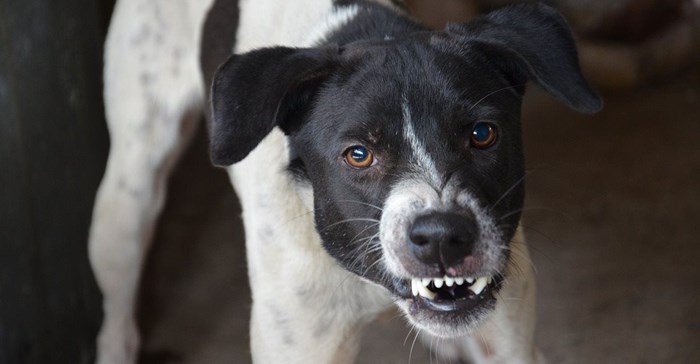
Top stories






More news


Marketing & Media
Ads are coming to AI. Does that really have to be such a bad thing?














This is particularly worrying as with a 99.9% fatality rate, rabies is one of the deadliest diseases on earth.
As of 9 November, there have been 14 confirmed human rabies cases in South Africa (six in the Eastern Cape, four in Kwa-Zulu Natal, four in Limpopo) and a further three probable cases in Kwa-Zulu Natal, according to medical scientist at The National Institute for Communicable Diseases (NICD) Dr Jacqueline Weyer. That’s a 100% increase compared to the seven cases reported in 2020.
Unlike most other vaccine-preventable diseases, rabies vaccines can be given for both pre- and post-exposure to rabies.
The biggest misconception the public appears to have is that rabies is not a problem, says Weyer.
“People don’t consider rabies something that happens in an urban or metropolitan setting,” explains the technical lead for rabies in Sub-Saharan Africa for the Global Alliance for Rabies Control (GARC), Dr Andre Coetzer. “They falsely believe it’s only a problem in rural areas.”
Weyer says the situation in the Western Cape illustrates this perfectly: “Dog rabies has not been reported in the Western Cape for decades, but due to raging epidemics in other parts of the country, and low dog-rabies vaccination coverage, the disease spilled over from the affected areas in the country to parts of the Western Cape. You just need one rabid dog to come into contact with an unvaccinated dog to set off a new outbreak.”
In South Africa dog-transmitted rabies is an ongoing problem, the use of post-exposure prophylaxis is vital in exposed human rabies cases.
“Almost always fatal once clinical symptoms manifest, full post-exposure prophylaxis is essential after someone has potentially been exposed to rabies,” said Dr Thinus Marais, Sanofi medical head: Africa Zone and Algeria. “This includes thorough wound washing, followed by the appropriate use of rabies vaccine and rabies immunoglobulin.
While the increase in the number of dog-rabies cases has hit the Eastern Cape and Kwa-Zulu Natal hardest, to date outbreaks have also been reported in Limpopo and Gauteng.
“The Eastern Cape dog rabies outbreak is disastrous and one of the largest dog rabies outbreaks we have seen in South Africa for decades,” says Weyer.
Early symptoms may be very similar to those of the flu including general weakness or discomfort, fever, or headache, as well as pain and tingling, pricking, or burning sensation at the wound site.
“Rabies is fatal if not treated before symptoms appear," warns Marais. “The good news is that with timeous post-exposure prophylaxis (PEP) the infection can be prevented in almost 100% of exposed people.”
If you’ve been bitten or scratched by a potentially rabid animal Coetzer says it’s important to do the following:
* Wash the wound thoroughly with soap and running water for at least 15 minutes.
* Apply a disinfectant to prevent secondary infection.
* Seek urgent medical attention. You need to start post-exposure prophylaxis as soon as possible.
“Modern vaccines are the only way to prevent the onset of rabies after exposure and even if you have already had pre-exposure prophylaxis, you still need further treatment,” says Marais.
If you or someone you know has possibly been exposed to rabies, go directly to your doctor or seek urgent assistance at your nearest clinic.
“In 2015 the WHO called for action by setting a goal of zero human rabies deaths by 2030. We all have a part to play in achieving this goal,” said Marais.